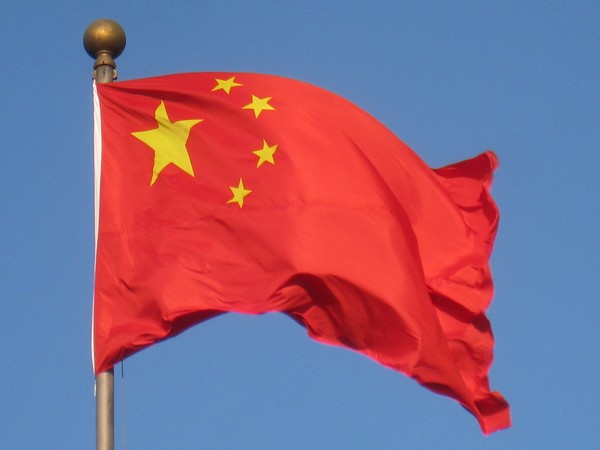They are in debt due to the loans they took during the economic disruption caused by the Covid pandemic and Beijing’s strict lockdowns….reports Asian Lite News
Millions of Chinese borrowers have been blacklisted for failing to pay their debts and are mostly between the ages of 18 and 59, Voice of America (VOA) reported.
They are in debt due to the loans they took during the economic disruption caused by the Covid pandemic and Beijing’s strict lockdowns.
The report cited a person named Zhang Congzhi, who started borrowing money two or three years ago when online loans were easy to get, but now, the Changsha businessman has no money to repay those loans.
“I’m in debt for more than 100,000 yuan [approximately USD 13,700],” Zhang told VOA Mandarin. “Nobody can help me. The only solution I can think of is to delay repayment.”
As China’s economy struggles to recover and unemployment remains high, the indebted population is growing, the report added.
Those blacklisted by authorities for debt have difficulty obtaining other loans and in some cases are even banned from working as civil servants, VOA reported.
They are barred from many economic activities, including, using toll roads, purchasing airline tickets and making mobile payments.
Lu Xiaojuan, a banker in Jinan, Shandong province said that the general public does not borrow money directly from banks because they do not have collateral like a house or car
“It’s the rich people who come to borrow money. Ordinary people don’t dare to come to borrow money for fear of not being able to pay it back,” she said.
But Lu said it’s easy for them to get credit cards as long as they have an ID and do not have a bad credit record.
The Bank of China on September 1 reported overdue unpaid credit in the first half of 2023 totalled RMB 89.646 billion yuan (approximately USD 12.3 billion), an increase of 3.54 per cent compared to last year, VOA reported.
According to Li Zhaobo, an honorary research fellow at the Asia-Pacific Institute of Business at the Chinese University of Hong Kong, another reason for high debt is that many mainland Chinese people, whose consumption has grown faster than their salaries, do not understand the risks and costs of borrowing.
“While Hong Kong people know that they can choose low-interest loans, mainlanders are not familiar with the idea,” he said. “So once they have cash flow difficulties, they can’t pay off their debts with interest.”
A Beijing-based economist — who asked not to be named because he has been warned by authorities not to talk to the media — said that the ongoing problems in China’s real estate sector also have cut off cash flows.
“China has relied on the real estate industry to drive its economy for the past 30 years,” he said.
“Now the industry has collapsed, and even Evergrande and Country Garden [two of China’s biggest property developers] have gone bankrupt and had their licenses suspended. With the property cash flow cut off, many people’s wealth has shrunk,” said the economist, “and they can’t afford their high mortgage payments”.
He added that private enterprises in China used to be able to borrow from each other, so they didn’t have to rely on banks alone, but that too has dried up, VOA reported.
“Things were OK in the past, but the three years of the COVID pandemic and the US-China trade war have led to a significant reduction in businesses,” he said. “Many enterprises are cut off from cash flows, leading to a rising debt crisis.” (ANI)
ALSO READ: Burgeoning India-Africa Ties: A Resounding Affirmation

Leave a Reply